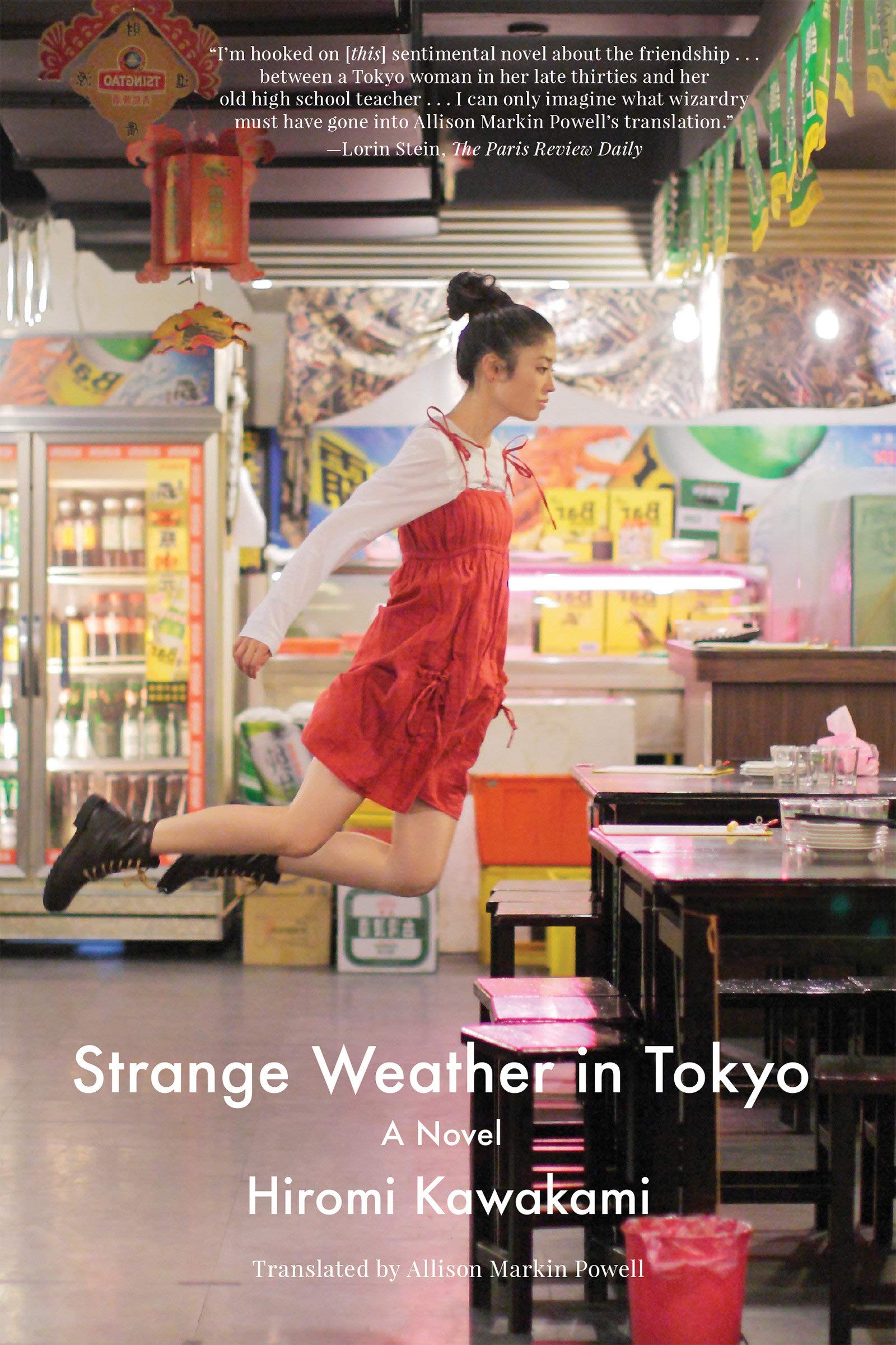Feature image @matthewsciarappa
Womanhood comes in many shades. The role of fiction is to capture it all and present it in front of us so that young girls don’t grow up thinking their struggles are solely their own. Japanese fiction does an excellent job of highlighting the various aspects of womanhood—including the non-glamorous and the unpredictable. These books offer some form of solidarity to every female reader, regardless of nationality and age.
Don’t miss these historical fiction novels about Japanese internment camps>>

All The Lovers In The Night by Mieko Kawakami (Translated by Sam Bett and David Boyd)
Becoming too comfortable with one’s misery can be a dangerous thing. This is what has happened to Fuyuko, our protagonist, who works from home, and barely interacts with anyone else besides her editor. Fuyuko has withdrawn into her own shell, refusing to experience the world in all its glory, hoping this will protect her from any harm. But this state of inertia isn’t sustainable. Fuyuko will soon start a new life, even when that will cost her more than she is willing to go through.

Cold Enough For Snow by Jessica Au
A mother and daughter duo decides to take a trip across Tokyo. They fill their days with activities, visiting cafes and sharing meals. The conversation flows, but there is still a wall between the mother and the daughter. Their shared interests and close proximity to each other don’t dissolve the distance that’s between them. This novel is an intimate meditation on interpersonal relationships, the intricacies of familial ties, and journeying away from the familiar.

Diary Of A Void by Emi Yagi (Translated by David Boyd and Lucy North)
Ms. Shibata’s new job demands she does all the dull tasks that have nothing to do with her original job profile. Exhausted by the constant list of requirements she is expected to deliver just because she is the only woman at her workplace, she starts feigning pregnancy. Finally, she isn’t asked to clean up after her male colleagues. She also has some free time to dedicate to herself. But how far will her lie stretch, and what will she do when she gets too entangled in her web of falsities?

The Housekeeper And The Professor by Yoko Ogawa (Translated by Stephen Snyder)
A housekeeper is hired to provide care to a brilliant math professor whose memory only lasts for eighty minutes. She has a ten-year-old son, but caring for the professor brings out a new side in her. She realizes that her ability to love goes way deeper than she expected. Together they form a family whose dynamics are not bound by traditional models of families. Through motherhood and this newfound sense of friendship, the housekeeper learns the other aspects of her personality that have been latent so far.

Convenience Store Woman by Sayaka Murata (Translated by Ginny Tapley Takemori)
Keiko has been perfectly happy working at a convenience store in Tokyo for eighteen years. Here, she doesn’t have to stress about how to perform during social interactions. Despite what people think, this job lets her be herself. She doesn’t understand the social pressure of having ambitions and moving forward. She has achieved a certain kind of calm in her life and she is happy to stick to it. This book poses questions about the societal conventions we experience and how pointless they can be when the grander scheme of things is concerned.

The Woman In The Purple Skirt by Natsuko Imamura (Translated by Lucy North)
The Woman in the Purple Skirt is being observed by someone who calls herself the Woman in the Yellow Cardigan. The Woman in the Yellow Cardigan just wants to find a friend in the Woman in the Purple Skirt, but the innocence of her intention won’t last long. This novel is a grim portrayal of how women are often pitted against each other. From workplace power dynamics to the position of unmarried women in society, this novel leaves the readers with thoughts about how horrifying a world it is for the female of the species.

There’s No Such Thing As An Easy Job by Kikuko Tsumura (Translated by Polly Barton)
The protagonist of There’s No Such Thing As An Easy Job had a job that was taking a toll on her mental health. This is why she decides to switch to something that will not need her to think. Thus begins a series of temporary jobs. She will eventually come to the conclusion that every job is draining in its own way and it’s hard for the individual to win in the face of capitalist forces. Here, Tsumura has sketched a wry critique of the job market that’s available to us and how it fails us every day.

Strange Weather In Tokyo by Hiromi Kawakami (Translated by Allison Markin Powell)
Tsukiko has gotten too used to her own company. Her days are spent working and then drinking at her local sake bar. So, the last thing she expects is a chance encounter with one of her former teachers. One thing leads to another and before she knows it, she is falling hard for him. Their love is slow to develop but is built on solid ground. Their love rejuvenates them and despite the age gap, they find a deep sense of companionship in each other.







Leave A Comment